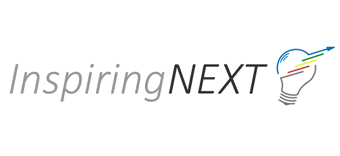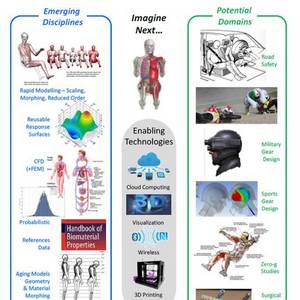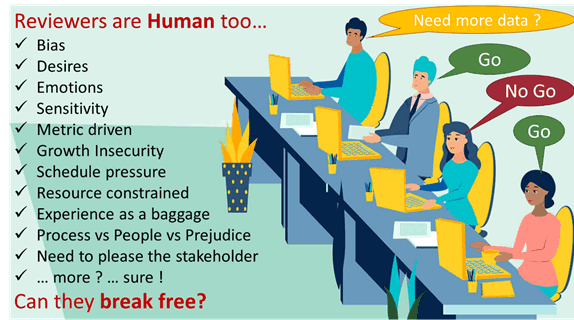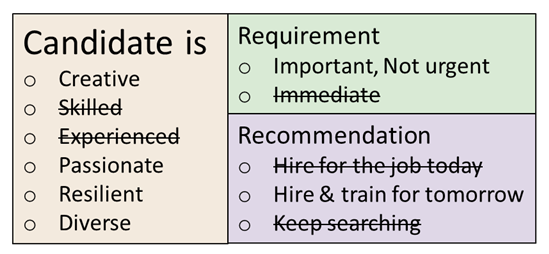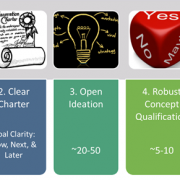Is it time for Industry 5.0?
Oh Really?
While most of us are still getting our hands around the fourth industrial revolution, we occasionally come across terms Industry 5.0 as return of the human touch or human-machine reconciliation or an attempt to address shortcomings of the fourth revolution. What do you think?
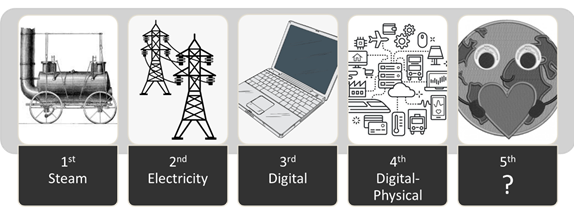
The Four Industrial Revolutions
Over the last three centuries, humanity has seen significant change in lifestyle, driven by three industrial revolutions. At this time in our history, we are going through the fourth revolution. Briefly
The first industrial revolution brought a change from handcrafted forms of production to the mechanization of production with steam engines or regenerative energy sources such as water.
The second industrial revolution triggered by electric power, enabled new industries and mechanical production engineering. We mastered the control of physical materials and products.
The third industrial revolution came from development of computers, which allowed automated control of industrial production and revolutionized data processing. We mastered the digital space.
In the fourth industrial revolution, we are beginning to harness the potential of digital physical integration. A good example of the digital physical integration is a self-driving car. The car gathers the data from multiple cameras and sensors to determine its position, velocity, and separation to other cars. It uses the data in real time to take physical actions with an intent to reach the destination without collision or discomfort. A similar change is happening in industrial manufacturing and maintenance. In addition, there is a growing desire to make these cyber-physical systems learn from experience, adopt to variation in inputs, make select decisions, and act autonomously to accomplish an objective.
The advent of automation, and artificial intelligence has created a general misconception that Industry 4.0 will make humans redundant. We think, it moves humanity to engage in more fulfilling and meaningful activities and take all sorts of repetitive hard work to machines. Over the last few decades concerns around excessive focus on machines taking over industrial processes for economic value creation has raised the eyebrows of forward-thinking leaders and those concerned about social conditions.
The Debate around the Fifth Industrial Revolution
There are a few definitions and descriptions emerging, all centered around human role and value. Let us look at a few.
Østergaard[1] founder of Universal Robots defined it as the human touch revolution in 2019. He says “The mass customization … enabled by Industry 4.0 is not enough. Because consumers want more. They want mass personalization, which can only be achieved when the human touch returns to manufacturing. This is what I call Industry 5.0.”
Marc Benioff, the founder of Salesforce said at the World Economic Forum “I see a crisis of trust in technology. In the Fifth Industrial Revolution, we’re going to have to have… a chief ethical and humane use officer. Are we using these technologies for the good of the world? You can’t do business in the Fourth Industrial Revolution without the trust of your employees and your customers and partners.” The Fourth Industrial Revolution might be taking humans out of industry but the fifth wants to put them back in.
It is being touted as the revolution in which man and machine reconcile and find ways to work together as a part of execution process to improve the means and efficiency of production. Come to think of it, the transition to Industry 4.0 is not overnight and organizations will go through slow acceptance, which means man-machine co-working during the adoption of Industry 4.0.
QUESTION – “Why aim to take the human out fully to achieve the 4th revolution and then bring the human back to go to 5th revolution. Why not blend the technology mindfully while adopting the 4th revolution?”
The claims that the developments of Industry 5.0 could fully realize what the architects of Industry 4.0 had only dreamt of at the dawn of the 2010s; do not make sense[2]. You do not need another revolution to complete the job of the previous one. That would be an evolution or continuous improvement or debugging and not a revolution.
A recently published report from European Commission defines Industry 5.0[3] as going beyond producing goods and services for profit. It shifts the focus from the shareholder value to stakeholder value and reinforces the role and the contribution of industry to society. It complements the existing “Industry 4.0” approach by specifically putting research and innovation at the service of the transition to a sustainable, human-centric, and resilient European industry. The concept is clearly related to Japanese definition of Society 5.0.
The best argument in support of Industry 5.0 to be defined separate from Industry 4.0 was articulated by Gauri and VanEerden[4] in May 2019, as a collaborative work of The European Sting with the World Economic Forum. “The main principles of the 5th revolution include profit with purpose, focus on United Nations Sustainable Development Goals (SDGs) for achieving a flourishing future, closing the gender gap, and scaling, spreading, and becoming increasingly democratized.”
We like this a lot. We view it as refreshing thought process and not as an industrial revolution.
Cabe Atwell adds humor to the numbering scheme[5], “Industry is being “versioned” way too willy-nilly. We need versioning control! Without a better way of describing innovation in industry, we are doomed to see more “upgrading” of industry, since it is an attention-grabber. So, let me now coin the term “Industry 6.0,” where we never interface with any machine, person, or drafting table/setup. Instead, it’s all done in an app. We take a picture of a rough sketch and click “make it.”
In Summary,
The folks with technology and business focus are defining Industry 5.0 as effort to integrate humans with robots to meet the high demand for individual personalization or customization. We believe that can still be accomplished by ‘mindful digital transformation’ within industry 4.0 rather than obsession for automation and rush for gold.
The folks with heart are defining Industry 5.0 as outcome which is human centric, sustainable, and resilient. That could still be defined as ‘purposeful digital transformation’, where purpose is greater than economic metrics and includes social values.
Either way, the term Industry 5.0 being described does not appear to be a technological revolution in a traditional industrial sense, but a re-acceptance of humanity that we may have been gradually losing with every industrial revolution, in our obsession for efficiency, productivity, and personal comfort.
I believe, these two philosophies can co-exist, and they look like
“Industry 5.0 = Industry 4.0 + Purpose (humanly)”
Is it time for Industry 5.0; what do you think?
For a dedicated session for your company, please reach out to Ripi Singh directly.
[1] Welcome to Industry 5.0, The “human touch” revolution is now underway, Quality Magazine, May 08, 2019, Esben H Ostergaard. https://www.qualitymag.com/authors/3148-esben-ostergaard
[2] Guide to Industry 4.0 & 5.0, https://gesrepair.com/industry-4-and-5/
[3] Industry 5.0: Towards more sustainable, resilient and human-centric industry, Jan 2021, https://ec.europa.eu/info/news/industry-50-towards-more-sustainable-resilient-and-human-centric-industry-2021-jan-07_en
[4] What the Fifth Industrial Revolution is and why it matters, Pratik Gauri, & Jim Van Eerden, May 16, 2019 https://europeansting.com/2019/05/16/what-the-fifth-industrial-revolution-is-and-why-it-matters/
[5] Yes, Industry 5.0 is Already on the Horizon, Cabe Atwell, https://www.machinedesign.com/automation-iiot/article/21835933/yes-industry-50-is-already-on-the-horizon , SEP 12, 2017
